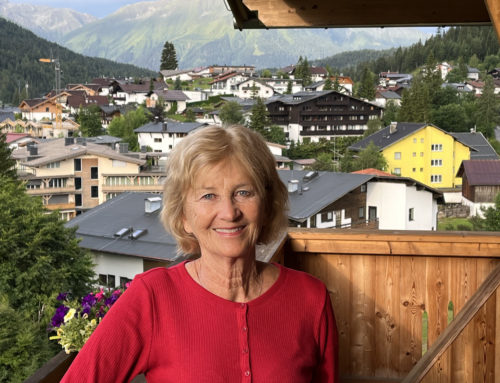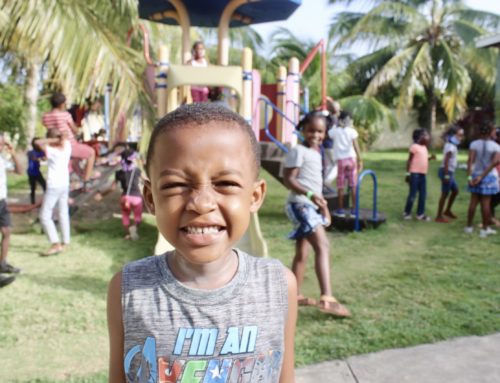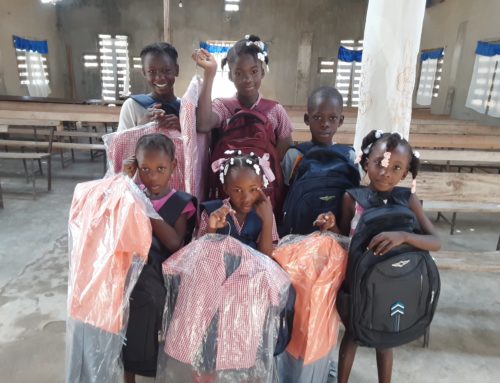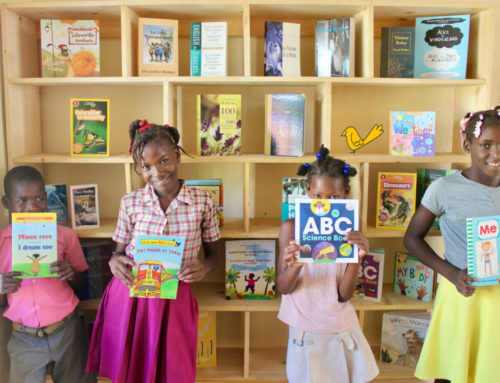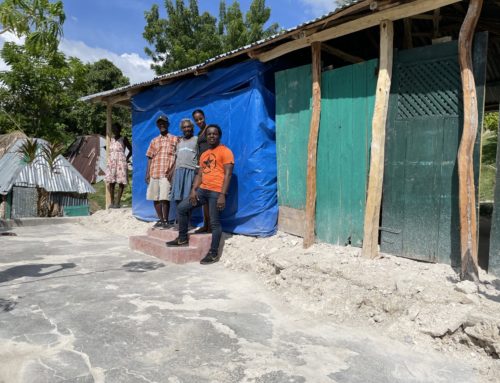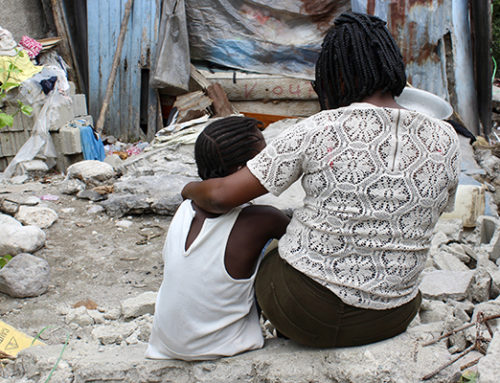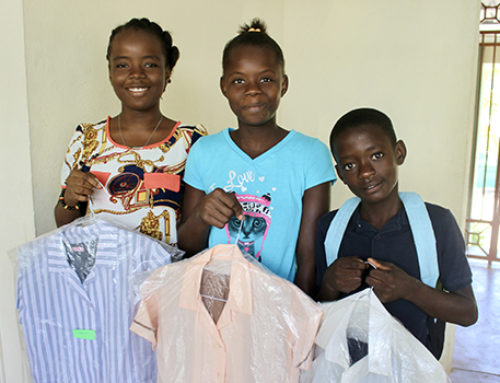
By Robenson Saint-Hilaire,
Child Advocate
Life is not easy in the Haitian countryside. Those who live in the country face many
economic and social difficulties.
Economically speaking, agriculture is the main activity in
the countryside. Families grow crops and
raise animals to provide for themselves. However, it is essentially a subsistence
economy. That is to say, the crops they
grow and animals they raise only meet their immediate needs, and don’t provide
for them in the long-term. The
techniques they use to work the land are also very outdated. In many regions of Haiti, for example, the
land is not irrigated. Thus, farmers
remain at the whim of nature to cultivate their land. This makes the economic situation of those
who live in the countryside very unstable.
In terms of social difficulties, rural areas of Haiti
generally lack educational infrastructure; there are few schools in the
countryside that can provide an education for children. (This is one of the causes of the restavek
system in Haiti.) There is also no
electricity in the countryside, and people must travel many miles on foot to
find healthcare. There is also a lack of
clean water. Some families actually use bleach to purify the water they
drink. Road infrastructure depends on
men in rural areas, who work together to create their own roads.
Entertainment is very limited in the country, but includes
things like rural festivals, cockfights on weekends, and “rara” (a type of
festival music native to Haiti). These
are all fun activities for those who live in the countryside. Families in rural areas also enjoy
celebrating holidays such as Shrove Tuesday (the Tuesday before Lent), and
playing soccer during the summer vacation.
All this to say that life in
the countryside of Haiti is very different from life in the city, where there
is more use of electricity and technology.
However, the air is cleaner in the country, where the lack of pollution
allows residents to breathe easier.
There is also more livable space in the countryside, as well as strong
social support. Neighbors help each
other out, and are there for each other when they fall on hard times. They form
social groups, where they work together and take turns helping each other on a
rotating basis.
Finally, the Haitian
government is almost absent in the countryside.
Families in rural areas attend to themselves, and attempt to live their lives
without the modernity the rest of the world lives in.



